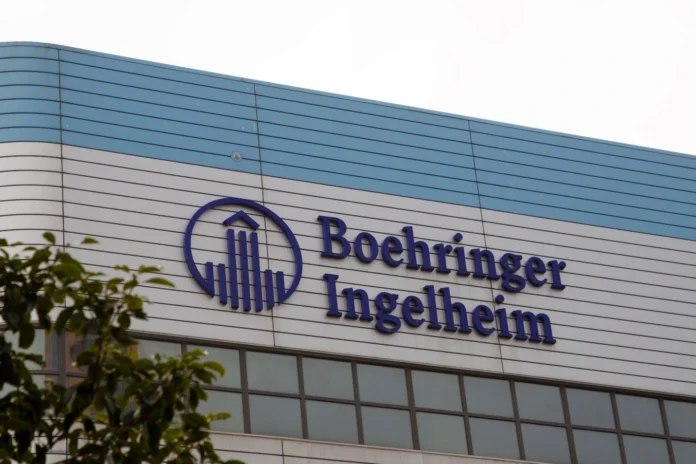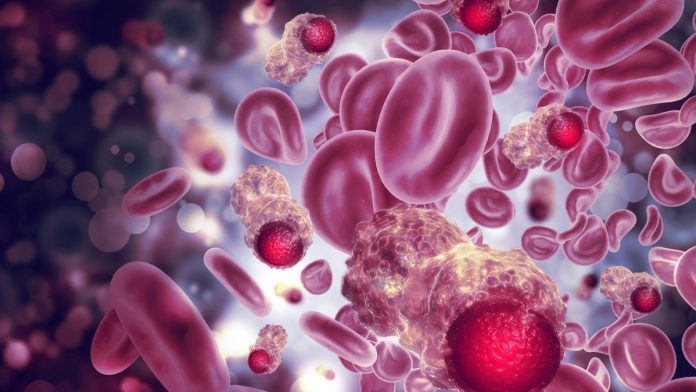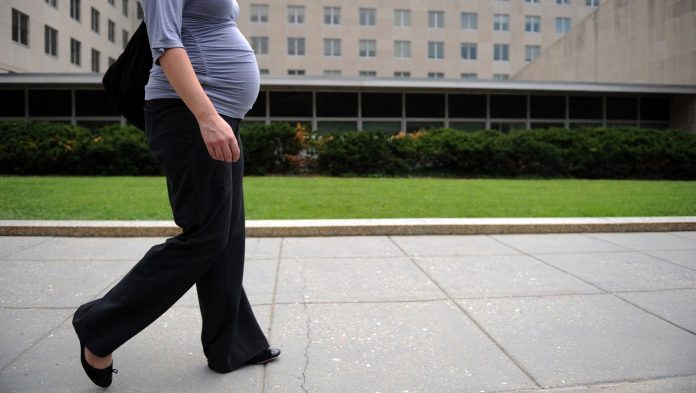Boehringer drug delivers ‘unprecedented’ result in lung cancer study
An experimental Boehringer Ingelheim drug achieved “unprecedented” benefits in patients with an advanced form of lung cancer who had already received other treatments for their disease, researchers said at the American Association for Cancer Research meeting in Chicago.
The drug, zongertinib, targets the HER2 protein on cancer cell surfaces.
Among 75 patients with pretreated non-small cell lung cancer and mutations in HER2 known as tyrosine kinase domain (TKD) mutations, 71% had significant tumor shrinkage during treatment with zongertinib. NSCLC is the most common type of lung cancer.
“A 71% response rate is unprecedented in this cancer subtype, and not only is the data strong in showing that this treatment works, but zongertinib has the added convenience of being a once-daily oral therapy,” study leader Dr. John Heymach of the M.D. Anderson Cancer Center in Houston said in a statement.
“When you also consider the improved safety profile compared to less selective inhibitors, this suggests a promising approach for patients in need of new treatments,” Heymach said. “That’s exciting because just a few years ago these patients had no effective targeted therapies.”
On average, patients’ disease remained stable, without getting worse, for more than a year, according to a report of the study published in The New England Journal of Medicine, opens new tab.
“This new data is particularly encouraging for patients who had disease progression after prior therapies, because it indicates that the resistance mechanisms to those therapies does not necessarily confer cross-resistance to zongertinib,” Heymach said.
His team also reported early positive results in 20 patients with non-TKD mutations and 31 patients with TKD mutations who previously were treated with a different HER2-targeting drug, although these patients haven’t been followed long enough to draw firm conclusions.











